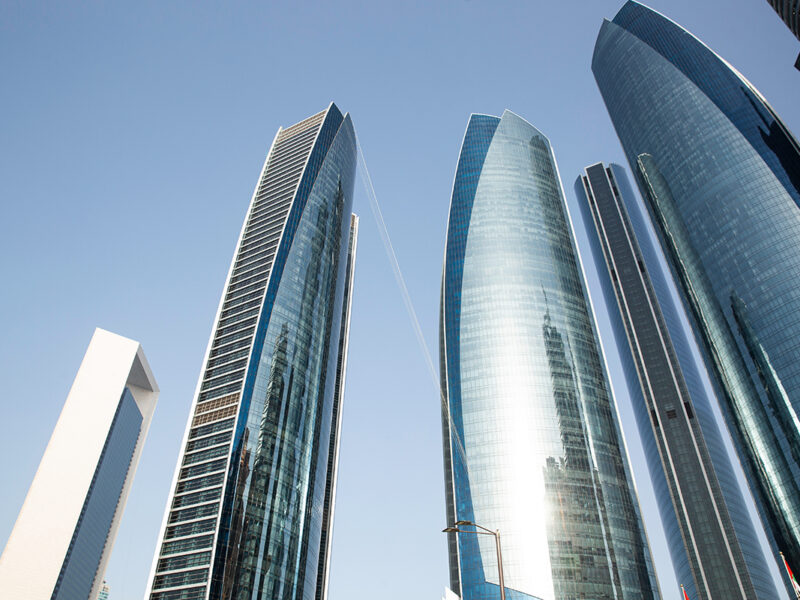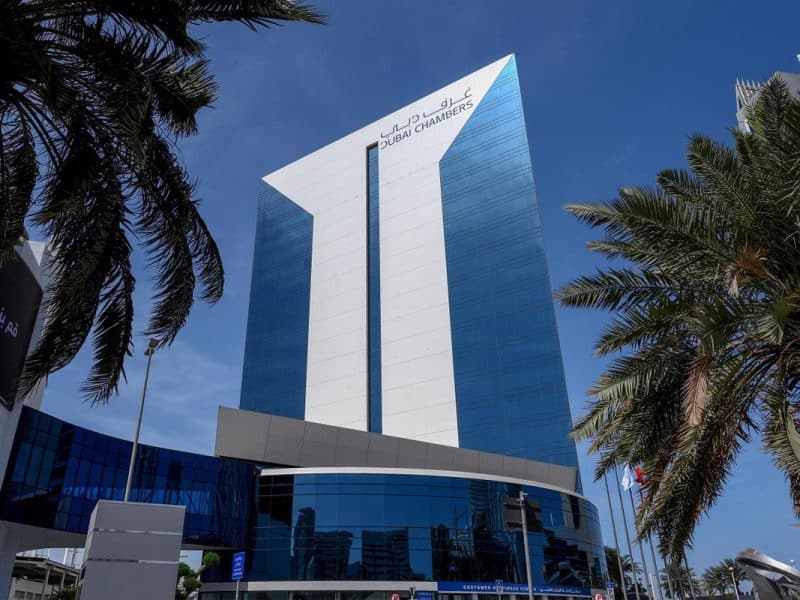The UAE is attracting investors seeking a haven as violence roils governments across the rest of the Middle East.
Abu Dhabi and Dubai have escaped the revolts that toppled presidents in Egypt and Tunisia and have since spread to Syria, Oman, Yemen and Saudi Arabia, the Gulf region’s largest economy.
Companies in the UAE sold $7.35bn of bonds so far this year, more than three times the $2.1bn they raised in the same period in 2010, according to data compiled by Bloomberg. Bond sales in the wider Middle East and Africa region dropped 34 percent in the same period, the data show.
State-owned Dubai World signed a final agreement with its creditors in March to restructure about $25bn of debt, boosting investor confidence in Dubai and the rest of the UAE.
“The UAE is seen to be very stable and has come to be known as the Switzerland of the Middle East,” said Christopher Laing, head of Middle East and North Africa equity capital markets at Deutsche Bank. “In the long term that’s very positive. We are seeing flows back into Dubai.”
The amount raised in debt offerings in the whole Middle East and Africa region fell to $7.52bn this year from $11.39bn in the year-earlier period, Bloomberg data show.
UAE-based companies issued the most bonds in the Middle East and Africa this year, surpassing companies and governments in Bahrain and Saudi Arabia, the biggest sellers in the same period in 2010, the data show.
“There are winners and losers,” said Mark Watts, head of fixed-income at National Bank of Abu Dhabi’s asset management group, which manages AED4.1bn ($1.1bn) in assets worldwide. “There are those countries that have come out unscathed and those countries that are likely to continue to be treated with caution by the market.”
Deutsche Bank is the top-ranked underwriter on bond sales in the region this year, with $935.5m of deals, up from fourth place in 2010, Bloomberg data show. HSBC Holdings slipped to seventh place this year, from first spot in 2010. The London-based bank advised on $662.8m of deals this year, compared with $2.92bn a year earlier.
“The region has slowed, but this should not be seen as a halt,” said Simon Cooper, chief executive officer of HSBC Bank Middle East Ltd. “Many of the fundamentals of the region, such as a young population and hydrocarbon wealth, remain, and these will be at the heart of a recovery.”
Continued on next page…
Royal Bank of Scotland, the ninth-placed bond underwriter in the Gulf Cooperation Council, is seeing strong interest in bond sales from Qatar and Abu Dhabi, as well as growing interest in Dubai, according to Jacco Keijzer, the bank’s head of debt capital markets in the region.
“We are very much seeing a flight to stability,” he said.
International Petroleum Investment Co, owned by the government of Abu Dhabi, raised $4.37bn from a bond sale in March to help fund acquisitions, including its €3.97bn offer to buy the remaining shares it doesn’t own in Spanish oil company Cia Espanola de Petroleos, Fitch Ratings said in a March 7 report.
Banco Santander, BNP Paribas, Credit Agricole CIB, Deutsche Bank, Goldman Sachs Group Inc and Italy’s UniCredit managed the sale.
Mubadala Development Co, the Abu Dhabi sovereign wealth fund that owns stakes in Carlyle Group and General Electric Co, raised $1.5bn in a bond offering the following month.
Dubai received at least $1bn in bids for bonds backed by future road-toll receipts, more than the government’s target, two bankers with knowledge of the plan said May 3. There was strong interest from international banks, financial institutions and pension funds for the $800m securitisation, said one of the bankers, who declined to be identified because they weren’t authorised to speak publicly.
Even so, companies selling debt are offering investors greater premiums over government debt of a comparable maturity to woo investors. The average yield on bonds from the six-nation Gulf Cooperation Council gained 16 basis points in the first quarter of 2011 to 5.4 percent on March 31, the HSBC/NASDAQ Dubai GCC Conventional US Dollar Bond Index shows. On March 18, the yield rose to a year high of 5.98 percent as violence escalated in Bahrain and Yemen.
Doha Bank, Qatar’s fourth-biggest lender by assets, may delay a bond sale until next year because of costs, chief executive officer Raghavan Seetharaman said April 26.
“Issuers coming to the market in the first quarter of 2011 have generally paid a higher price for their debt then may have been the case in the fourth quarter of 2010,” said Steve Drake, head of capital markets at PWC in Dubai. ‘We have seen some issuances deferred.”








